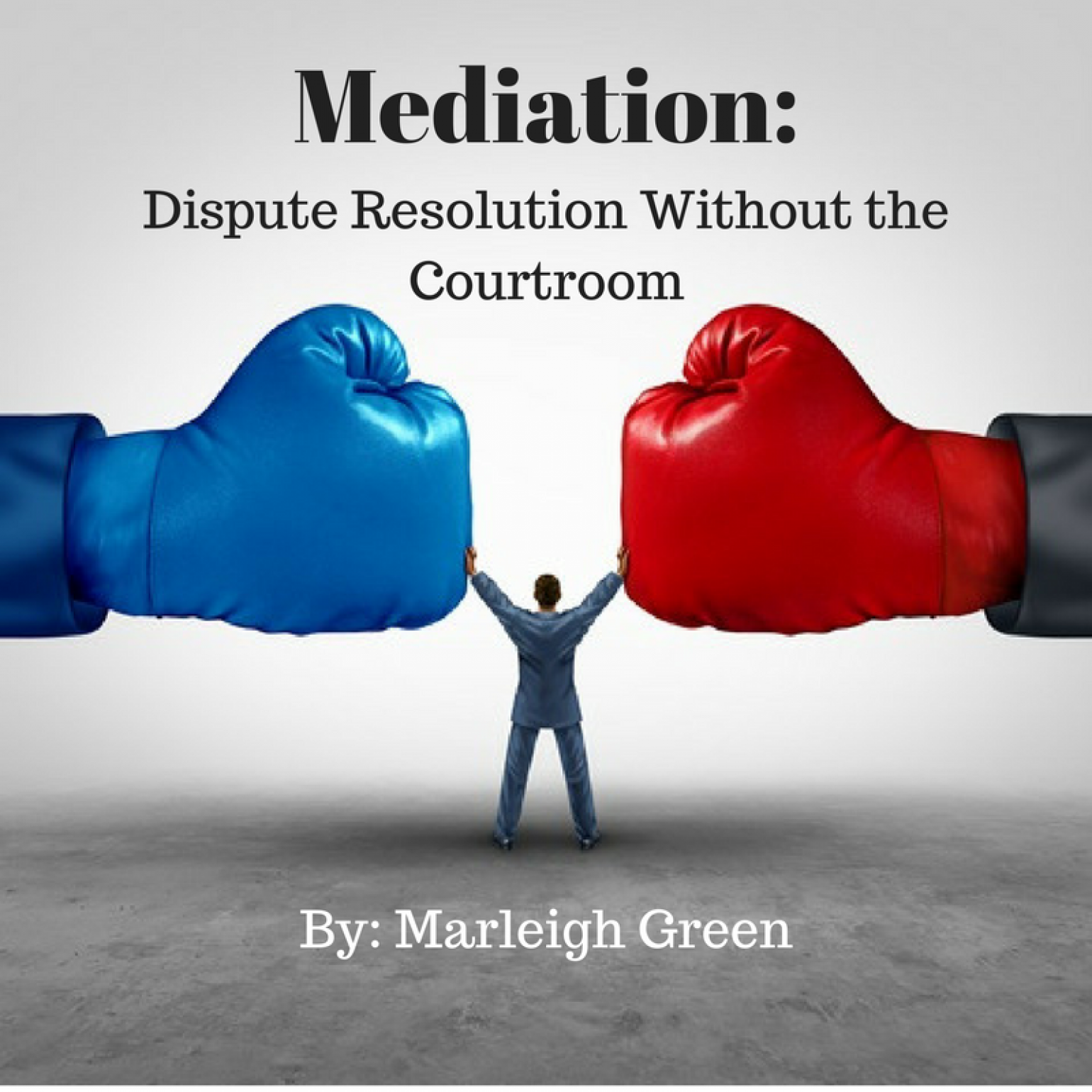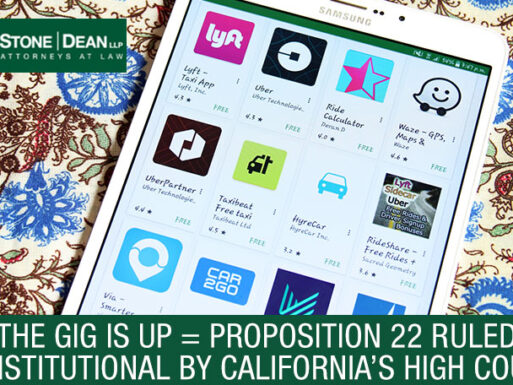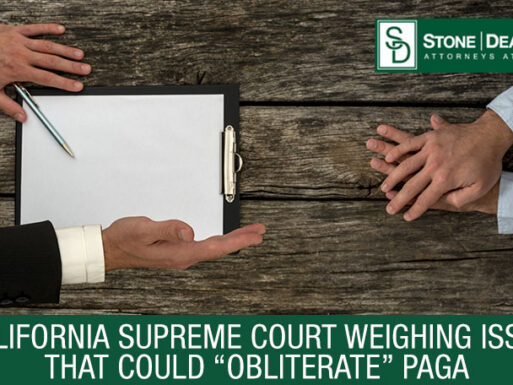Mediation: Dispute Resolution Without the Courtroom
What is Mediation?
Mediation is a process by which two people (“the parties”) involved in a dispute meet with a third-party neutral (“the mediator”) to try and come to a resolution. Sometimes mediations—such as in divorce cases—are court-ordered, where a judge will require the two parties to attempt mediating their case before going to trial.
What does a mediator do?
Mediators will work with the parties in an attempt to resolve their case without a trial. The mediator will ask both parties a series of questions and find out what each of them is willing to offer. As a neutral third-party, they do not offer advice or provide solutions to the problem, but instead give both parties an opportunity to suggest ideas that can help lead to a settlement.
Why should I try mediation instead of litigation?
When going before a judge, it is up to his or her Honor to decide the case after hearing the evidence. Even if a party has a strong case, the other party can prevail on a technicality, or based on the judge’s opinion. Like a mediator, judges are neutral, but they are in charge of enforcing the laws around the dispute, which can lead to a result that neither party is pleased with.
There are many benefits to mediating cases instead of going before a judge. In mediation, the parties decide what the outcome will be. They negotiate with the help of the mediator to come up with their own solution and settlement terms.
Confidentiality is another benefit to mediation. Mediators cannot repeat what is said during mediation, and cannot testify in court as to what each party was willing to offer. Whatever is discussed in mediation cannot be used during litigation or arbitration, so neither party has an advantage, regardless of what they offered during the mediation. In the case that the mediation is not successful, whatever you say will not be used against you in court.
Most importantly, litigation and arbitration are costly processes. Private mediators do require an hourly fee, but some offer free or low-cost services through Non-Profit organizations. The Ventura Center for Dispute Settlement is one such organization who handles mediations in Ventura County through their office and in small claims court. Compared to the expenses involved in a trial, which include court filings and attorney fees, mediation is a more economic option. What can take months through the judicial system can be resolved in hours by a good mediator and willing parties.
What types of cases do mediators handle?
There are all types of mediators across multiple fields who can provide their services. Whether it be a divorce proceeding or a large-scale environmental case, there is a mediator who specializes in that field. Much like when finding an attorney, be certain that the mediator you choose is reputable and experienced in the area of your dispute.
Okay, you’ve convinced me. How do I find a mediator?
Mediators can be found easily online, through non-profit organizations, or through a referral from an attorney. Many attorneys also offer mediation services themselves. Gregory Stone, Kristi Dean, Suzanne Feffer, and Leslie Blozan are Stone | Dean’s in-house mediators and handle everything from business mediations to fee disputes. Contact the dispute resolution experts at Stone | Dean for more information on mediation services.




